Warning of poaching pressure on rhino populations
hace 2 yearsTerra Natura Benidorm warns of the pressure that poaching makes on rhino populations worldwide. The call for attention from the park’s conservation and education experts coincides with the celebration of International Rhino Day, which will take place on the 22nd of September.
To commemorate this day, we have organised informative workshops about this animal that will take place from Friday 22nd September to Sunday 1st October. In addition, an information point will be set up in the Asia area, where visitors will be able to find items related to rhinoceroses, such as a plaster footprint of this animal or a piece of horn, among others.
The conservation and outreach work that we do at Terra Natura Benidorm with rhinos is complemented this year with a financial contribution to the International Rhino Foundation (IRF) to support in situ conservation projects. The IRF funds rhino conservation programmes in 10 countries, promoting scientific research, anti-poaching, habitat conservation, captive breeding and environmental education.
Within the talks that will be offered these days from our Education department, the main conservation difficulties that threaten rhinos will be explained. Among these issues, the problem of poaching, which has increased in several regions where it did not occur before, will be addressed.
In South Africa poaching has led to significant losses in the white rhino population. There are only 76 Javan rhino left in the wild, of which 12 are unaccounted for. The case of the Sumatran rhino is also critical, as it is becoming increasingly difficult to detect signs of this species in the wild.
In contrast, the black rhino population appears to be increasing. The largest population of Indian rhino, located in India and Nepal, remains stable and is growing thanks to the protection of its habitat and the application of specific laws to condemn wildlife crime.
Terra Natura Benidorm, a centre of reference
The EAZA, through its associated zoos, including Terra Natura Benidorm, promotes the breeding of this species to guarantee its future. Terra Natura Benidorm is a reference centre for the breeding, care and management of the Asian rhinoceros in Spain. In fact, it is the only centre on the Iberian Peninsula that has managed to reproduce the Indian rhinoceros twice in its facilities.
In order to favour the conservation of this animal, it also works to promote education and awareness among the public, and provides information on the effects of poaching and wildlife trafficking. On the other hand, information and training is shared on rhino breeding and possible translocations in rhino DNA. The rhino specimens of the EAZA are registered in RhODIS, the rhino DNA index system. This database enables rhino horn profiles to be developed.

